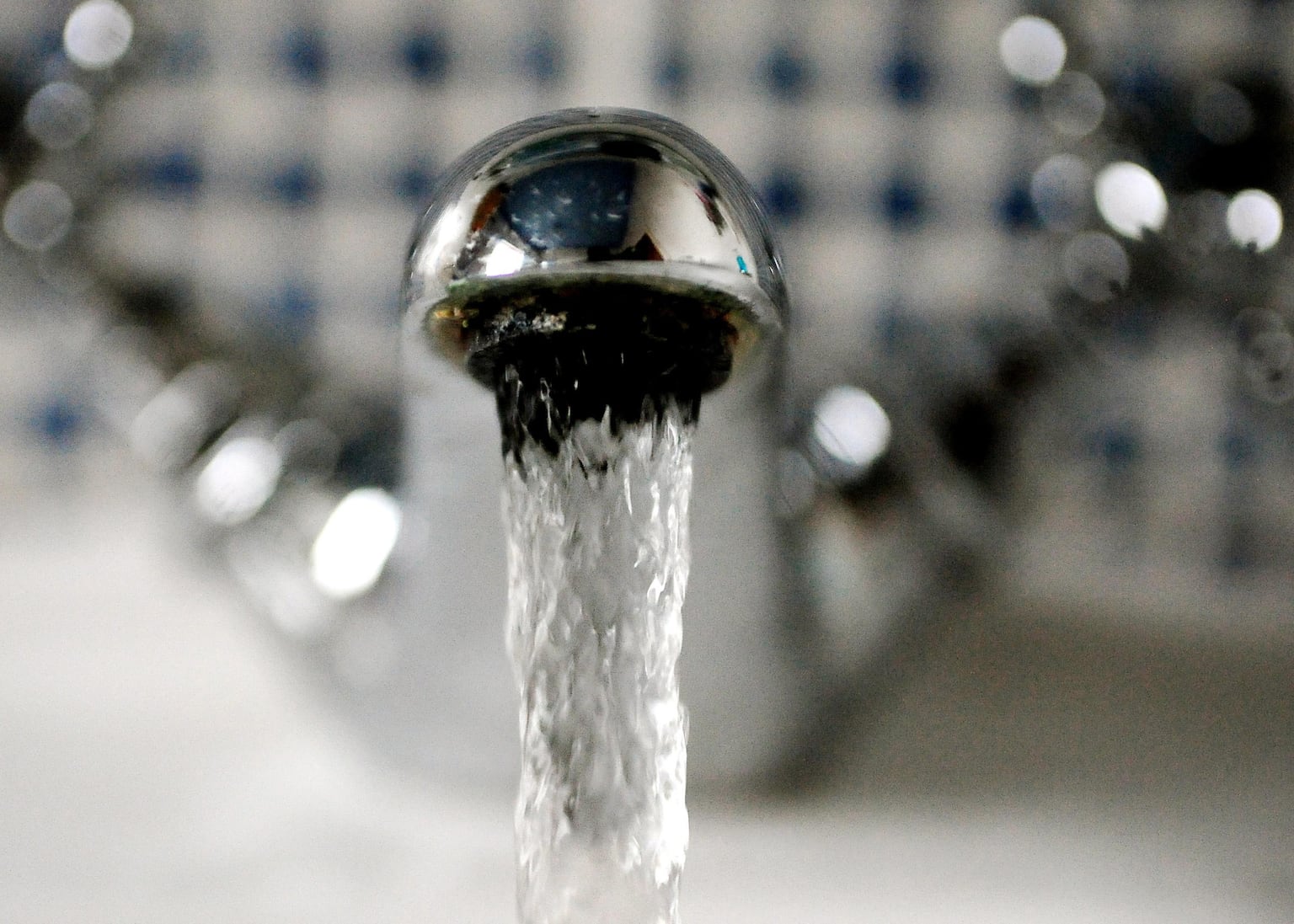The Future of Water Regulation in the UK
The UK government is preparing for the release of a major review into the water industry, which could potentially lead to the elimination of the current water regulator, Ofwat. This development comes as part of a broader effort to address deep-rooted issues within the sector, including rising consumer bills, increasing sewage spills, and financial instability among water companies.
The Independent Water Commission, headed by former Bank of England deputy governor Sir Jon Cunliffe, is set to present its final report on Monday. The commission was established by the UK and Welsh governments to tackle systemic failures that have plagued the water industry. These include not only environmental concerns but also the financial burden on consumers.
Key Recommendations and Potential Changes
One of the central proposals from the review is the establishment of a new regulatory framework. Currently, regulation is divided among three bodies: Ofwat, the Environment Agency, and the Drinking Water Inspectorate. The report suggests that this structure may need to be reorganized to improve efficiency and accountability.
Ministers are expected to announce a consultation process that could result in the removal of Ofwat. This regulator is responsible for determining how much water companies can charge customers for their services. However, Ofwat has faced significant criticism for allowing water companies to pay dividends to shareholders while neglecting aging infrastructure and allowing sewage spills to increase dramatically.
In an interview with the Sunday Times, Environment Secretary Steve Reed expressed support for a regional model where local boards would manage water resources. This approach would involve representatives from water companies, local authorities, and other organizations. Reed emphasized the benefits of a catchment-based model, stating that managing what enters water sources can lead to faster and more effective cleanup efforts.
Government Response and Public Concerns
Downing Street has indicated that it will wait for the final report before making any decisions. A spokesperson said, “We are waiting for Sir Jon Cunliffe’s final report next week, you can expect us to set out our response after that on what more we will do to turn the sector around.”
Meanwhile, the government has pledged to reduce sewage pollution from water companies by half by the end of the decade. Reed stated that families have witnessed the negative impact of pollution on their local rivers, coastlines, and lakes. He added that an investment of £104 billion in the sector would help avoid large increases in consumer bills.
However, Reed acknowledged that water bills are unlikely to decrease in the near future. He emphasized that the investment would prevent future hikes, but the current level of charges is expected to remain unchanged.
Environmental Impact and Regulatory Failures
Recent data from the Environment Agency highlights the severity of the issue. In 2024, the number of serious pollution incidents caused by water companies in England increased by 60% compared to the previous year. The total number of incidents reached 2,801, up from 2,174 in 2023. Of these, 75 were classified as posing “serious or persistent” harm to wildlife and human health, up from 47 in 2023.
The Environment Agency attributed these failures to underinvestment in infrastructure, poor maintenance of assets, and the impacts of climate change. A recent report by the Public Accounts Committee called the level of pollution “woeful” and urged the government to take urgent action to strengthen oversight of the sector.
Ongoing Challenges and Political Criticism
The Independent Water Commission released its interim report in June, which identified systemic failures within the water industry. While the report outlined the direction of the commission, it did not provide detailed recommendations on policy or regulatory reform, which are expected in the final report.
Nationalization of the water sector was excluded from the commission’s terms of reference. Some campaigners have called for nationalization, but the government has ruled this out.
The opposition has criticized the current government for not addressing rising water bills effectively. Shadow environment secretary Victoria Atkins urged transparency regarding the funding for water infrastructure improvements and warned that consumers may have to bear some of the costs.
She also called for credible proposals to improve the resilience of the water system against droughts without placing additional burdens on bill payers and taxpayers.






